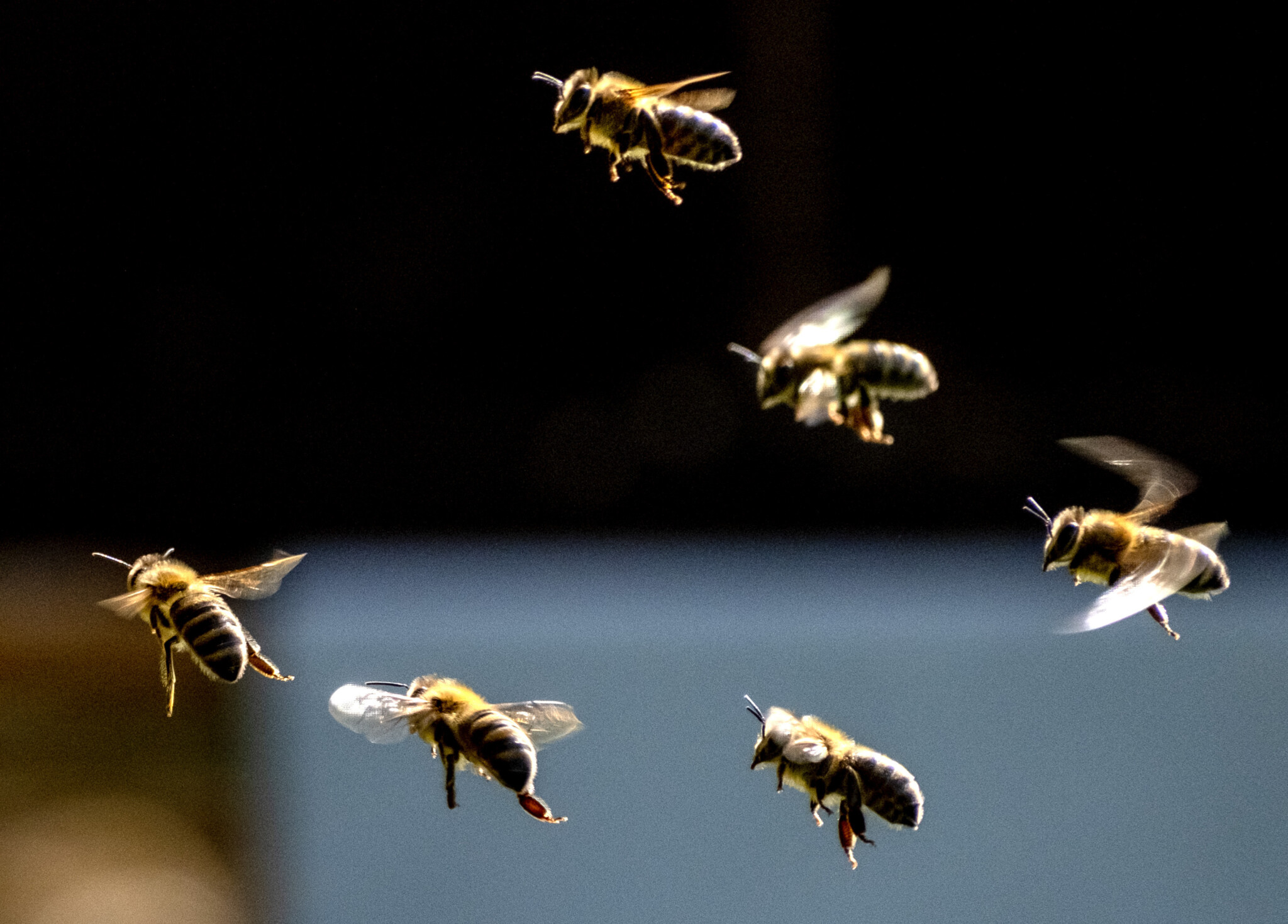In this week’s Hub book review, Patrick Luciani examines Man-Devil: The Mind and Times of Bernard Mandeville, The Wickedest Man in Europe, (Princeton University Press, 2025), by John J. Callanan, which tells the story of the much-maligned 18th-century physician, philosopher, and writer.
Voltaire was a fan, and so were Adam Smith, F.A. Hayek, and Karl Marx. This early 18th-century refugee from the Netherlands even anticipated Smith’s idea of the division of labour and the “invisible hand” along with Hayek’s notion of spontaneous order. John Maynard Keynes adapted his concept of the “paradox of thrift” in his General Theory of Employment, Interest and Money.
All were influenced by Bernard de Mandeville (1670-1733), a Dutch physician who practiced in London and wrote a notorious 433 lines of doggerel about bees. Samuel Johnson remarked that Mandeville reopened his eyes to the realities of life. However, we know little of Mandeville’s ideas beyond his infamous poem in The Fable of the Bees—originally published as The Grumbling Hive—which caused a scandal upon its release in 1714.
In a new book by Oxford historian John Callanan titled Man-Devil, he shows how Mandeville scandalized his audience by arguing that human tendency to bad behaviour can lead to overall prosperity. His poem begins with:
A Spacious Hive well stockt with Bees,
That liv’d in Luxury and Ease…
Vast numbers throng’d the fruitful Hive:
Yet those vast Numbers made’em thrive;
Millions endeavouring to supply
Each other’s Lust and Vanity
In other words, crime kept lawyers and magistrates busy while doctors got rich with dubious medical treatments. Businesses cut corners while bankers cheated. Sin kept the hive buzzing with economic activity until the bees begged their god, Jove, to rid their hive of vice. Their prayers were answered, and all bees were transformed into models of virtue. With good intentions at heart, the beehive met with disaster.
As pride and luxury decrease,
So by degrees they leave the seas,
Not merchants now, but companies,
Remove whole manufacturies,
All arts and crafts neglected lie,
Content, the bane of industry.
In this brave new world, everyone paid their debts, lived modestly, and treated each other with kindness and generosity. With an outbreak of morality, jails, locksmiths, lawyers, and magistrates were no longer needed. Bees lost their taste for fancy foods and imported goods. Foreign trade disappeared, and the bees succumbed to their enemies after dissolving their army. The hive was left with a few poor, sickly bees clinging to life. And those that remained,
…flew into a hollow tree,
Blessed with content and honesty.
The moral is clear: private vices produce public benefits. The moral leaders of the time were not amused. In France, the public hangman burned Mandeville’s book, while the Catholic Church added it to the list of Index Librorum Prohibitorum. The Bishop of London condemned Mandeville as a man who attacked the foundations of virtue and morality. Mandeville was referred to as Man-Devil—a play on his name—and was viewed in his time similarly to how we perceive Oliver Stone’s Gordon Gekko in the film Wall Street, as the purveyor of the idea that “greed is good.”
Mandeville argued that his work was of the highest moral value even though its method was to shock. He intended to show human behaviour as it is, not as it should be. Mandeville wasn’t advocating vice but stressed that vice cannot be eradicated from human behaviour.
Callanan quotes Mandeville, writing, “I am far from encouraging vice, and should think it an unspeakable felicity for a state if the sin of uncleanness could be utterly banished for it; but I am afraid it is impossible.” He reached that conclusion not based on theory but by carefully observing how humans interact. As social animals, he showed how desire held human societies together and that material conditions affect social values.
Mandeville understood that all the moralizing in the world can’t prevent our impulse to overindulge to gain society’s approval. Unfortunately, we haven’t given up on social engineering as Stalin thought he could do when he admonished Russia’s writers and artists to be the “engineers of human souls.” DEI policies are just another form of trying to make better people but meeting the resistance of human nature. His second insight is that humans still do not fully understand themselves. Modern-day charlatans and motivational speakers fill this gap by selling the illusion that we can change our natures and achieve all imagined goals.
Mandeville’s Fable of the Bees is an antidote to that thinking. Professor Callanan deserves our thanks for returning Bernard Mandeville’s long-overlooked work.










